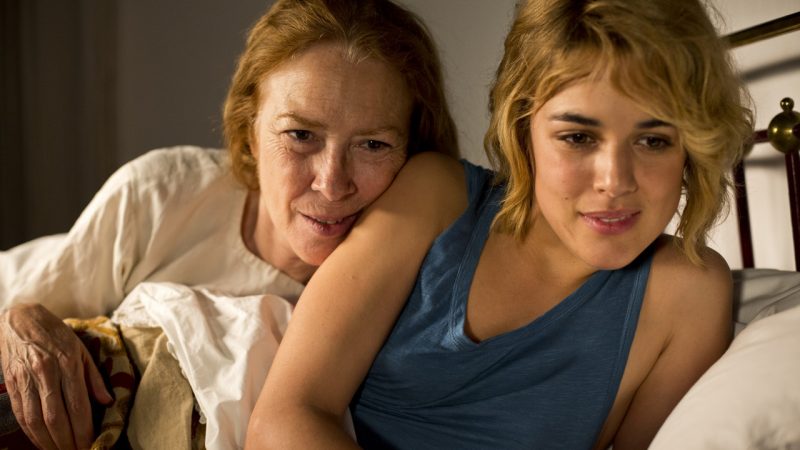Most film productions have their share of drama behind the scenes. Often these are bigger than what finally appears on the screen.
For obvious reasons, the big studios go out of their way to prevent such stories getting out — unless they are part of publicity campaign.
Interest in what happened off screen between Elizabeth Taylor and Richard Burton during the making of Cleopatra in 1963 — then the costliest film ever made — failed to generate as much among audiences when it was finally released.
A book on the making of another costly fiasco, Heaven’s Gate (1980), was more entertaining than the epic itself, which brought down the United Artists company. Perhaps because of these examples, surprisingly little emerges from the hundreds of productions made each year, even from those that are worthy of deep study.
One exception is Spain’s Pedro Almodóvar, that country’s best-known director and undoubtedly one of Europe’s top 10 film-makers.
He has revealed in interviews that his latest, Julieta (Transmission), has been through a number of iterations since he first purchased the rights to three Alice Munro stories.
Initially he wanted English-speaking actresses to play the central character at two stages of her life. The location was to be Munro’s home country, Canada, but he found the landscapes “desolate and sad”.
Almodóvar is noted for his use of bright colours and sparkling visuals.
He then worked on a version set in New York after his Spanish screenplay was translated into English. He rejected that as well because he found the ”American idiosyncrasies” unconvincing.
Eventually, after a couple of years sitting in a desk drawer, his original Spanish script was redrafted and set in Madrid and seaside Galicia.
“I guess that was when I decided to forget Alice Munro,” he says, and barely a trace remains in a plot about a middle-aged mother (Julieta played by Emma Suarez) seeking re-connection with her daughter, who left home as a teenager never to return.
The narrative picks up their earlier relationship with the much younger Julieta (played by Adriana Ugarte) and her encounter on a train with a fisherman (Daniel Grao).
More coincidences occur. The older Julieta, about to leave for Portugal with her new lover (Dario Grandinetti), meets by chance her daughter’s grown-up childhood friend (Michelle Jenner). She returns to the original home in Galicia, where the same landlady (Rossy de Palma) is virtually unchanged after 30-odd years. Almodóvar likes to use familiar actors and has cast the distinctive-looking de Palma seven times.
By the end, the flashbacks have revealed all about the daughter’s disappearance and the next stage of Julieta’s journey of discovery.
Few male directors have focused as much on their female characters as Almodóvar, whose record of some 20 features rests on such masterpieces as All About My Mother, Talk to Her and Volver.
These are often riotous, both in their acting and settings. Julieta is his most restrained yet, but is absorbing enough to allow adjustment to the sudden time leaps.
Rating: Mature audiences. 98 minutes.

Reader Interactions